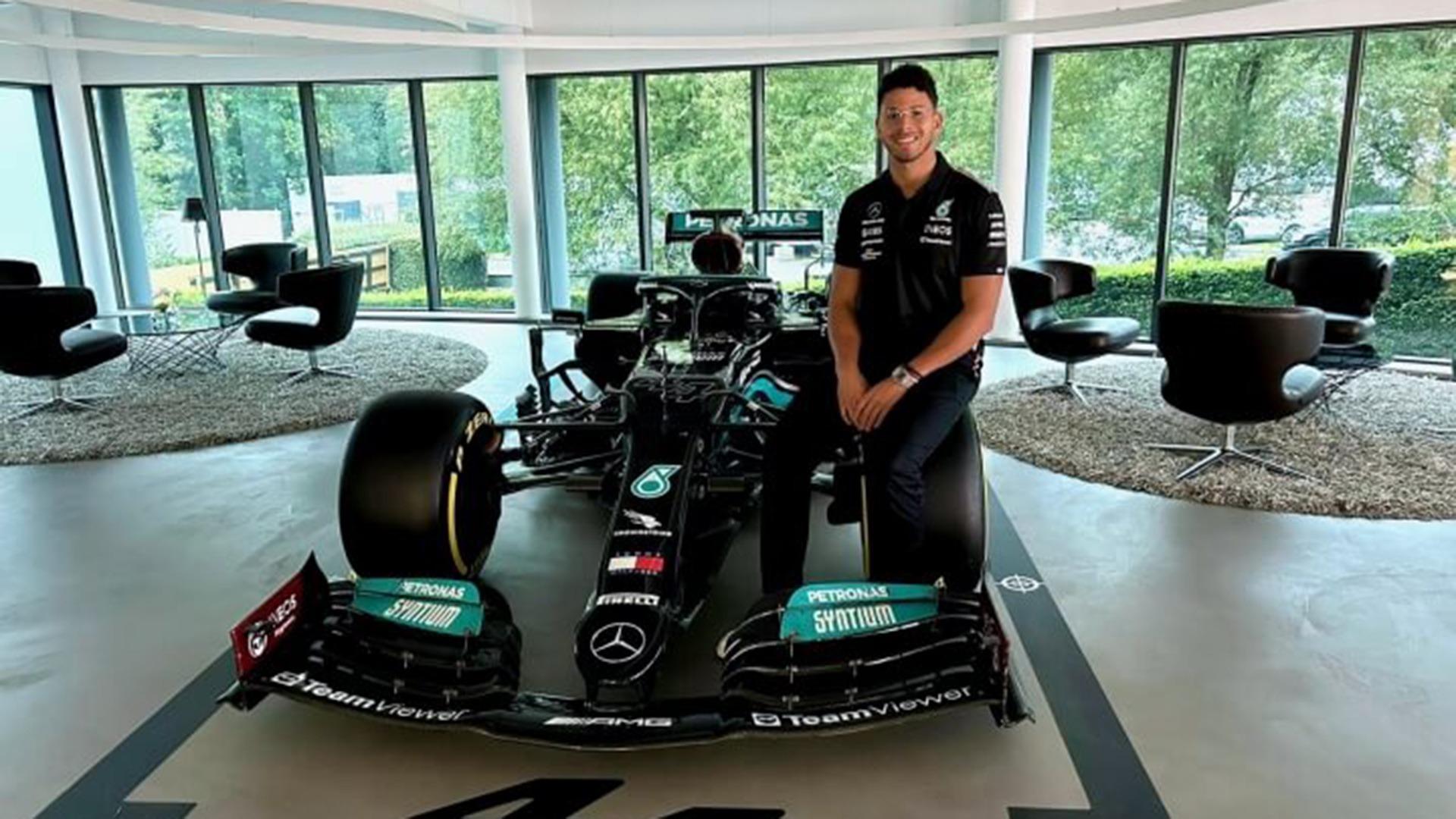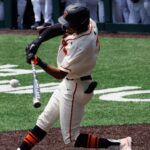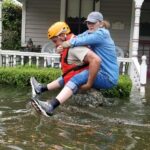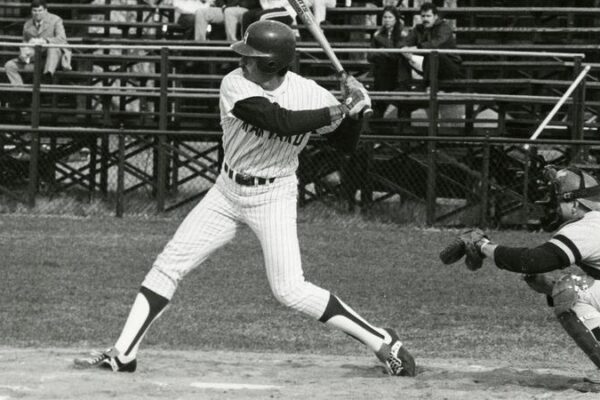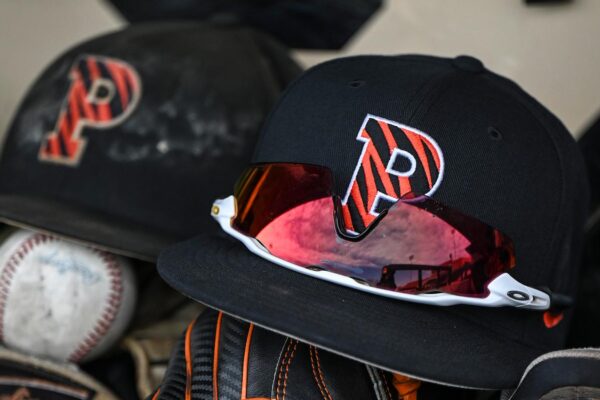Racing with the best
Austin grew up watching auto racing with his father in Michigan and developed a passion for the kind of hands-on mechanical engineering needed to build an elite race car. While he initially came to Harvard on a premed track, it wasn’t long before he wanted to return to his roots.
“I grew up on a farm in a really rural area, and I’ve worked with my hands my whole life,” Austin said. “I decided to go back to what I liked doing: building things and being creative.”
It didn’t take long for Austin to discover the Harvard Undergraduate Automotive Society and join its solar-powered vehicle team. Last summer, he did internships with Electric Last Mile Solutions and Our Next Energy, two companies in the electric vehicle space. But as much as all those experiences spoke to his passion for automotive engineering, nothing quite compares to the thrill of working for a professional F1 team.
“It’s definitely solidified that I want to do something a little more unique with my career,” he said. “What I’d like to do is be in an environment where I’m allowed to be creative and free-flowing and know I’m making a direct impact. When you know people are looking at your work and are reacting to it and value it, you want to do a better job.”
Also a member of the Harvard Crimson baseball team, Austin gets the same thrill on the racetrack as he does on the baseball diamond.
“For the race last weekend, I remember waking up thinking, ‘It’s game day!’” he said. “I had the pre-game nerves, so I think it’s very similar to baseball. This fills the space I’m not having because I’m not playing baseball right now, and it’s a really special experience to be able to compete.”
Austin doesn’t work on the cars themselves, so his internship relies more on data science than a direct translation of his mechanical engineering coursework. Instead, Austin most often finds himself using the problem-solving strategies he picked up at SEAS.
“What Harvard has emphasized is being able to think critically and come up with unique solutions,” he said.” It’s never been about making a specific robot, but rather the thinking process. My biggest skill here is being able to pick up things, analyze data, come to conclusions, and support them very quickly. It’s definitely a new world. I’ve had to pick up everything from scratch, but there was never a moment where I felt unqualified.”
When Austin returns to Harvard for his senior year next fall, he’s hoping to bring back the engineering and problem-solving skills he cultivated on the track, as well as rejoin the Automotive Society.
“There’s something so invaluable about working and practicing things outside of the classroom,” he said. “In the time that I’ve been here, I’ve learned things I never could’ve in my courses. This has allowed me to step back and really focus on what I think is important, which I’m super grateful for.”









